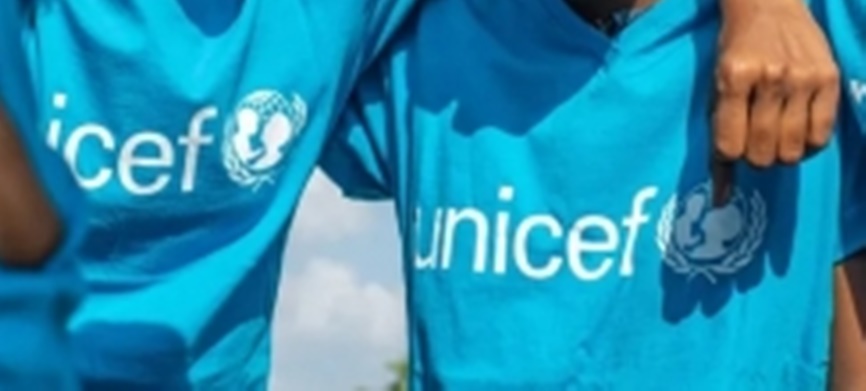Kolkata: The recent initiative by the West Bengal women and child development and social welfare department in association with UNICEF to roll out religious texts from different religions to spread childcare messages has received major accolades from different sections of the society.
The initiative, according to experts in the field, is an effective move especially at a time when the latest report of the National Family Health Survey has not painted a rosy picture of the health and education sphere of the children, especially the girl child, in West Bengal.
The figures of anemic tendencies among 70 per cent of the girls below the age of 18, high rate of early marriages and early pregnancies do not show the state in good light.
In such a situation the decision to come out with booklets quoting religious texts from different faiths like Hinduism, Islam, Christianity, Buddhism, Jainism and Sikhism to guide parents and communities in proper childcare is perceived as a unique initiative. The involvement of the state government in this initiative jointly with UNICEF and the Amanat Foundation Trust adds more credibility to the effort.
Women & child development department’s Dr Sashi Panja has her own logic for success on this count. According to her, since people often have immense faith in the religious texts, this initiative will be helpful in dispelling misconceptions in the minds of people about negative social factors like early marriage and early pregnancy.
She is more hopeful considering the success achieved by similar initiatives of UNICEF in other countries like Nigeria.
However, while the project is earning accolades from different sections of society, doubts are surfacing on how far the initiative will be successful if there is not enough ground-level infrastructure backup so that the messages of the religious texts are applicable in real life especially in the remote rural pockets.
Medical teacher, documentary maker and writer, Dr Trithankar Guha Thakurata feels the basic requirement in fighting social evils like early marriages or early pregnancy is their social and economic upliftment, without which there will not be any practical implementation of suchmessages from religious texts.
“The state has to remember that creating the right infrastructure and environment for such social and economic upliftment is its responsibility and the state’s duty does not end with facilitating spreading of such messages from religious texts. So while I welcome this initiative of rolling out religious texts from different religions to spread childcare messages, the state government should not stop at that only,” said Thakurata.
Both Thakurata and civil rights activist Anurag Maitrayee cautioned about the state going overboard with this initiative and that it should prevent any possible conflict between the “administration” and “religious entities.”
“I am again against totally discarding the idea of rolling out religious texts from different religions to spread childcare messages. The initiative is undoubtedly unique. But the state has to ensure that its administrative initiatives on this count do not get over-influenced by the religious leaders or religious entities. In that case this initiative can turn out to be counter-productive,” Maitrayee said.
At the same time, both were of the opinion that besides using religious texts the state should also use messages from the fields of science, medicine and sociology to make the system of “awareness creation,” more inclusive.
–IANS


Comments are closed.